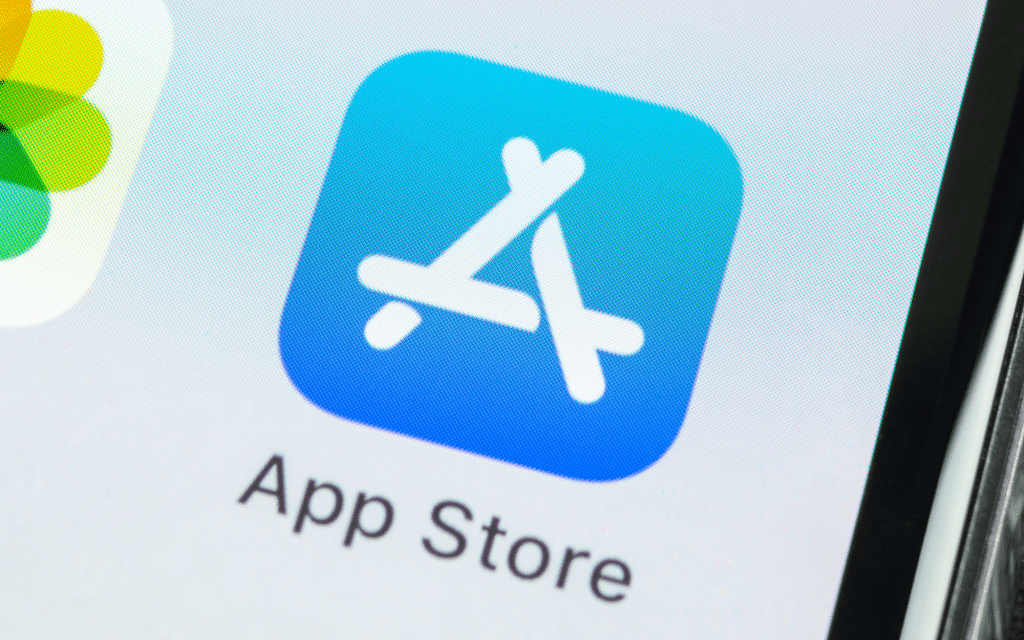We’re not lawyers, so we’re not sure who’s eventually going to win in the seemingly never-ending legal spat between Epic Games and Apple. However, we do know that it won’t be customers. All the executives at both companies seem to want to do is force the other side to back down. Apple wants Epic to respect the terms of its App Store and come back to the negotiating table. Epic wants Apple to revise the terms of that store and stop preventing third parties from providing access to apps on Apple devices. All players want is for the argument to be over so players on Apple devices can start playing the current version of “Fortnite” again. Based on the latest development in the case, they might be waiting for a long time.
In case you decided to skip out on major tech news stories during 2020 – and who could blame you if you did – here’s the argument in a nutshell. Epic doesn’t like the fact that Apple takes a 30% slice of all revenue generated by any means via any app listed on the App Store. They consider it excessive, and they take exception to the fact that Apple won’t allow apps to be downloaded or installed on iPhones or iPads via any other means. They tried to circumvent Apple’s rules with a new “Fortnite” update last year that contained a new payment system that cut Apple out of the deal. Apple responded by pulling “Fortnite” from its App Store. That was more than six months ago, and the app still hasn’t been restored. There’s currently no way for Apple customers to play the current version of the world’s most popular game unless they’re willing to use experimental (and possibly hazardous) workarounds.

Epic’s case against Apple – which will be heard in court – is based on two primary complaints. The first is that Apple’s 30% cut is too much for a service that does nothing beyond providing a platform. The second is that blocking developers from getting apps to iPhones any other way is an antitrust violation. Perhaps it would be helpful to explain it by comparing the situation to online slots websites. As you’ll know if you pay any attention to pop up adverts on social media, there are literally hundreds of different online slots websites out there.
If a company makes an online slots game and doesn’t like the payment terms being offered by one site, they can go to Rose Slots IE and speak to them about their terms instead. If they’re still not happy, they can move on to another online slots site and another after that, and so it continues. App developers who want to provide their products to Apple customers don’t have that luxury. It’s Apple’s way or the highway. This puts the company at odds with Google, which allows apps to be installed on Android phones via direct download, and might be the most important aspect of the entire legal argument.
Nobody knows what might happen when the case eventually gets to court – assuming the two parties can’t reach a settlement before then – but Apple’s rhetoric suggests that the company isn’t in the mood to back down. In a response filing to California’s US District Court, which is where the case will be heard, Apple rejected the stated basis for Epic’s case and accused Epic of filing its complaints as a publicity stunt designed to (and this is a direct quote) “revive flagging interest” in “Fortnite” as a whole.
The paperwork filed by the company’s lawyers goes on to say that Epic Games has made more than $700m in revenue through Apple’s App Store within the past two years and was happy with that rate of return until the company’s marketing arm came up with a concept codenamed “Project Liberty.” According to Apple, the idea for Epic to sue Apple came from this outside-the-box project. Epic, unsurprisingly, denies this suggestion outright.
From Epic’s point of view, the idea that the company has only become unhappy with Apple’s standard practices within the past two years is nonsense. They can point to complaints they filed as long ago as 2017 as evidence that they’ve been dissatisfied (and captive) customers of Apple for a long time and have finally reached a breaking point in terms of their business relationship with the tech giant. The argument has ramifications beyond the debate between the two multinational corporations, though.

If Epic Games wins the case, Apple’s current App Store business model would be doomed. They could conceivably be forced to open up their devices to third parties, which would have a significant impact on App Store revenue. Critics of the company point out that this would only cut away a source of income that they do very little to earn, and so it might force the company to be more innovative elsewhere.
This ugly case will play out in public. If Apple is prepared to throw such pointed barbs at Epic and its apparently “flagging” game in legal paperwork, the arguments that its representatives make in person should be groundbreaking. The case is scheduled to begin on May 3rd and will be live-streamed on YouTube. If, as Apple claims, they have extensive evidence that Project Liberty exists and Epic Games manufactured this argument as part of a PR campaign, it should be explosive viewing. Given the speed at which anti-Apple propaganda appeared inside “Fortnite” and other Epic-made products after the argument started, it does seem that at least some theatrics were involved.
It will be down to the courts to decide whether the theatrics render the material of Epic’s complaint null and void or whether they’re incidental. It’s still possible that one of the two sides will relent before the case starts, but with the start date looming and days ticking away, it appears to be unlikely. This could be the most significant and expensive technology lawsuit we see this decade. It’s not an exaggeration to say that it could change Apple, Epic, or both companies forever. This is a story that you’re going to wait to follow closely in the weeks to come.














Leave a Reply